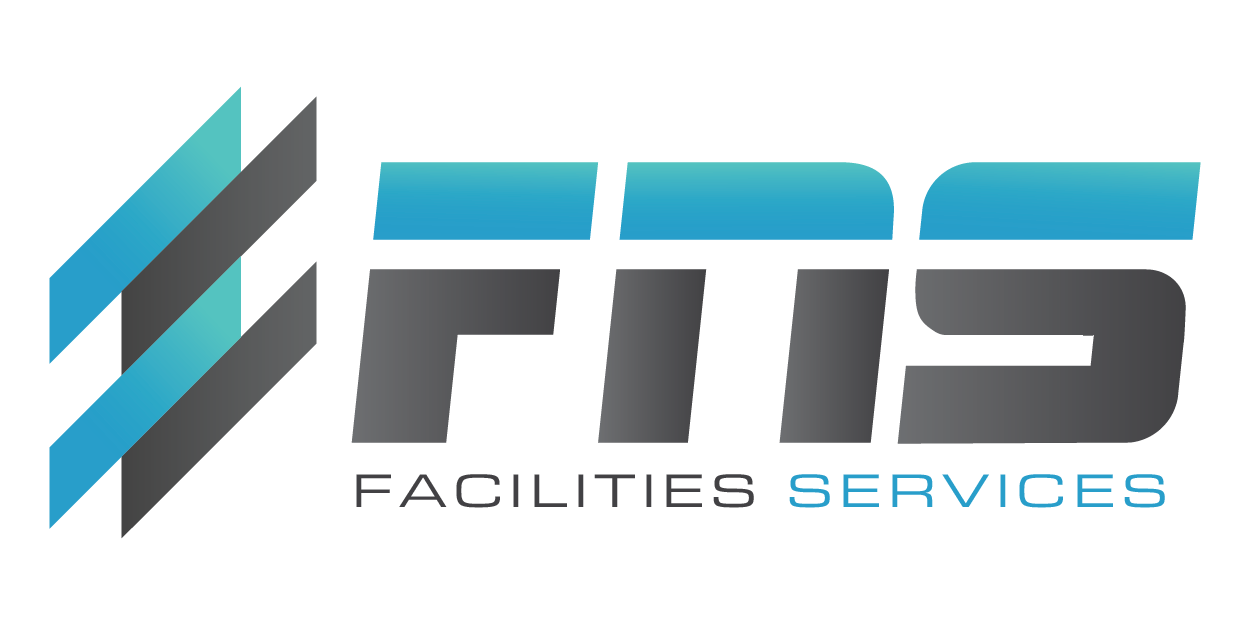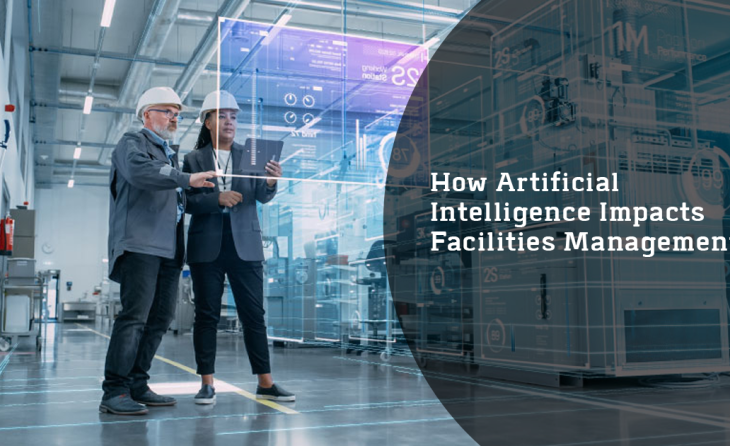Artificial Intelligence (AI) has been a transformative force across various industries, and facilities management is no exception. With its ability to analyze data, optimize processes, and automate tasks, AI is reshaping the way facilities are managed and maintained. In this blog, we will explore the significant impact of AI on facilities management and how it is revolutionizing the way organizations maintain their physical environments.
Artificial Intelligence enhances Facilities Management by automating tasks, optimizing resource allocation, and improving predictive maintenance for more efficient and cost-effective facility operations.
Predictive Maintenance
One of the most significant applications of AI in facilities management is predictive maintenance. AI-powered systems can analyze data from sensors, equipment, and maintenance records to predict when equipment is likely to fail. This allows facilities managers to schedule maintenance proactively, reducing downtime, extending the lifespan of assets, and minimizing repair costs.
Energy Efficiency
AI-driven energy management systems help organizations optimize their energy consumption. By continuously monitoring energy usage and environmental conditions, AI can adjust heating, cooling, and lighting systems in real time to minimize energy waste. This not only reduces operational costs but also supports sustainability efforts.
Space Management
AI-powered space management tools can help organizations make more efficient use of their physical space. These systems track occupancy patterns, usage data, and employee preferences to optimize office layouts and improve space utilization. This can lead to cost savings and a more comfortable and productive work environment.
Security and Access Control
AI-based security systems enhance access control and threat detection. Facial recognition, voice recognition, and behavior analysis can be used to grant access only to authorized individuals, enhancing security. AI can also analyze security camera feeds to detect anomalies and respond to potential threats in real-time.
Customer Experience
In facilities such as retail stores and shopping centers, AI can enhance the customer experience. Chatbots, virtual assistants, and AI-driven kiosks can provide information, assist with navigation, and offer personalized recommendations. This improves customer satisfaction and engagement.
Data Analysis and Reporting
AI can process vast amounts of data quickly and accurately. Facilities management teams can use AI to analyze data from various sources, such as building sensors, maintenance records, and tenant feedback, to gain valuable insights into building performance. This data-driven approach supports better decision-making and long-term planning.
Risk Management
AI can help facilities managers identify and mitigate potential risks. By analyzing historical data and predicting potential risks, AI can help organizations create contingency plans, respond to emergencies more effectively, and reduce the impact of unforeseen events.
Cost Savings
AI's ability to automate routine tasks, optimize energy usage, and reduce maintenance costs can lead to significant cost savings for organizations. While the initial investment in AI technology may be substantial, the long-term benefits in terms of reduced operational expenses and increased efficiency are substantial.
Conclusion
Artificial Intelligence is transforming facilities management by providing data-driven insights, automating tasks, and optimizing processes. Its impact ranges from predictive maintenance to energy efficiency, space management, security, and cost savings. As AI technology continues to advance, organizations that leverage AI in facilities management will not only benefit from operational efficiencies but also create more comfortable and sustainable environments for their employees and tenants. Embracing AI is the path to a smarter, more efficient future for facilities management.


